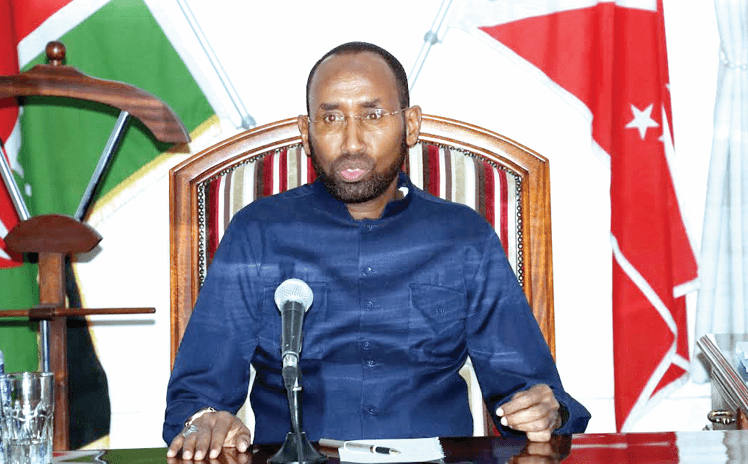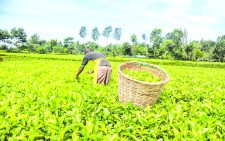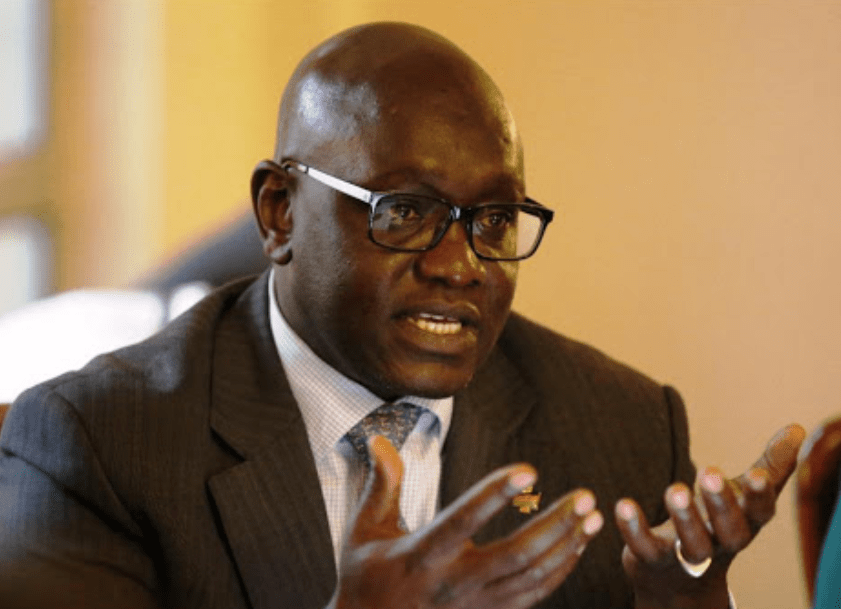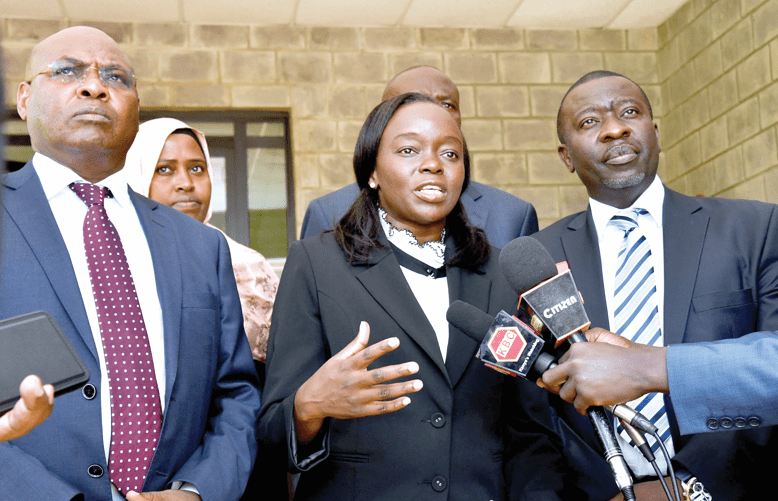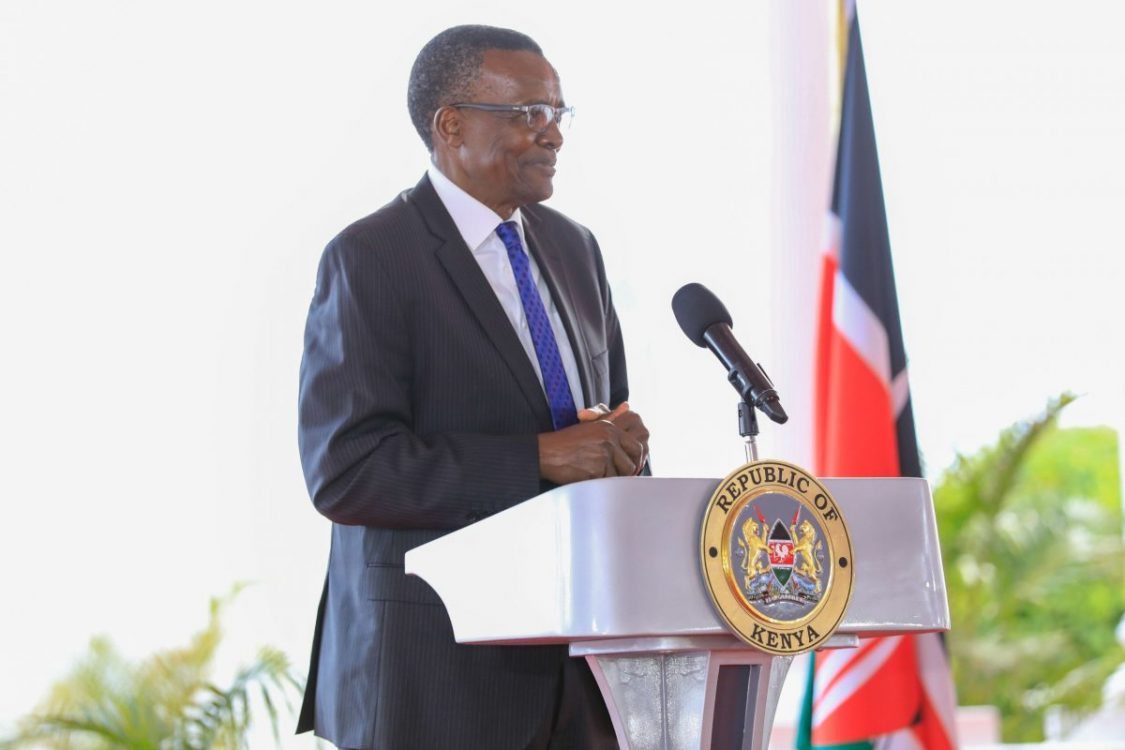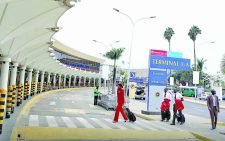The closure of Kenya-Somalia border over a decade ago was seen as a temporary measure to curb terror attacks by the Somalia-based terrorist group, al Shabaab.
However, the prolonged closure of the three main border points is now hurting legitimate businesses, local leaders say.
The money-changing kiosks stand empty, and the once-bustling markets along the route to the Somalia border are mostly shuttered.
These markets previously thrived on the sale of goods imported into Kenya. The affected border points include Mandera-Bulla Hawa, Liboi-Dhobley, and Kiunga-Ras Kamboni.
Mandera, once a trade hub, has now turned into a major smuggling centre. Essential goods such as sugar, powdered milk, rice, and pasta are smuggled into Kenya from Bulla Hawa in Somalia, while items like maize flour, construction materials, tanks, detergents, and medical supplies are illegally exported from Kenya into Somalia. Mandera East Deputy County Commissioner Patrick Meso says trade happens in plain sight and county officials are aware, but they cannot stop them.
Sourcing food
“These movements do not happen in the dark, officials are aware, although we do not encourage it. The trade between the two borders is very minimal, just a few things for sustenance in terms of food, not major things because sourcing food from Nairobi is very expensive,” he explains.
“The distance from here to Mogadishu is shorter than from Nairobi, so by the time goods from Nairobi reach here, the prices are exorbitant for the local people to afford, so you will find that most of the household products are being sourced from across the border,” Meso adds.
He notes that with the main entry and exit points in Mandera remaining idle, trans-border activities move to the unauthorised entry points. This has denied both the national and county governments an opportunity to collect revenue.
Mandera county officials say the decision to close the border had been opposed by North Eastern region leaders and instead a proposal tabled to deploy troops along the border, but this proposal was rejected. “The closure of official entry points was meant to control the entry of the illegal flow of weapons, people and contraband across the borders, but I think this has not been achieved, because we still face attacks by militants who use illegal routes to get into the country,” says Mohamed Adan Khalif, Mandera Governor.
“Closing the border doesn’t make sense for us. We have had discussions with all the successive governments and President William Ruto who said it will reopen soon. Interior Cabinet Secretary Kithure Kindiki also came here and the border post was upgraded and readied for the opening, but an attack happened somewhere along the border and the plan was again postponed,” he adds.
He says while the people have access to untaxed trade, delayed reopening of the Somalia border and construction of proper access point and customs office on the Ethiopia border has led to significant losses, as the county’s neighbours, Somalia and Ethiopia continue trading.
Khalif says reopening the border will be a timely move with Somalia joining the East Africa Community (EAC) last year, which signifies free movement of goods and people and capital, adding that for Somalia to enjoy being a member of the community, the borders must be opened.
“Our suggestion is that we open the border and then we protect our country. This is a discussion that should be held between leaders and security managers,” he says.
Foreign investors
Mandera County Executive Member, Trade Adan Dakane Hamoud says closing the border has greatly affected foreign investors, as well as development partners looking to put their investments in the county and they could go for nearby counties.
“The Kenya-Somalia border is officially closed, but it is not closed down for business. It is only 500 kilometres to Mogadishu from Mandera and 1,200 kilometres to Nairobi to get supplies for shops here. When the border officially opens, then there will be many opportunities for Mandera people,” he offers. Adan insists that there are no major security concerns that can frustrate investors from setting up businesses in the county.
“Incidences of attacks these days are very far apart compared to, for instance, five years ago. We had many incidents years ago. In fact, today, non-locals run most of the businesses. We want to do away with the popular notion that has scared people from other regions, that the county is unsafe,” he says.
Adan who also until recently held the agriculture docket says the county also stands to benefit from exporting agricultural produce to Somalia as residents have been practicing large-scale farming.
“Farming in the Mandera triangle is concentrated at the 160-kilometre River Dawa which cuts across Ethiopia, Kenya, and Somalia. All the six sub-counties here take part in farming and 90 per cent or residents have moved to farming. Our soils are very fertile, and can grow almost any crop,” he adds.

